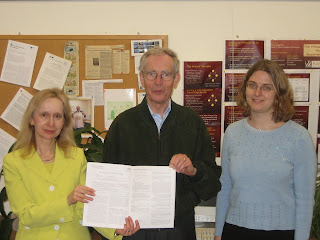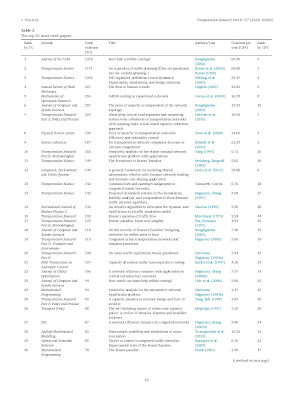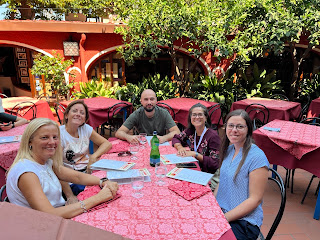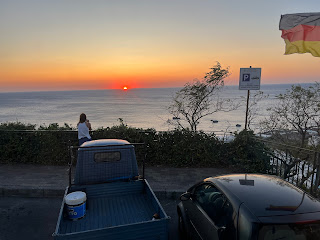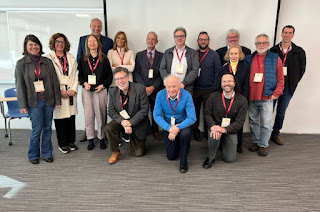For quite a few years, my research group and I have been very engaged in studying and writing about blood supply chains. Blood is a unique product that is life-saving and that cannot be produced but must be donated.
Our work on blood supply chains is part of our broader work on perishable product supply chains and we even wrote a book on the topic that was published a decade ago.
During this festive time of the year with the holiday season, there are also often blood shortages, and, at the beginning of the COVID-19 pandemic, I was greatly concerned about the shortages. One day after the WHO declared the pandemic, I published my article, "How coronavirus is upsetting the blood supply chain," in The Conversation. The article was reprinted on multiple news sites, from Live Science to Salon.
I am deeply humbled and honored that my article on blood shortages in the COVID-19 pandemic, has influenced national policy not once, but twice. On March 31, 2023, 22 Attorneys General signed a memo to the Food and Drug Administration (FDA) Commissioner Robert Califf, and my article was cited first
The full memorandum can be accessed here.
Therein is also a citation to the April 22, 2020 memo from 20 Attorneys General, including Maura Healey, now our Massachusetts Governor, to the Honorable Admiral Brett Giroir, MD, at that time the Assistant Secretary for Health, with my article also as the first citation.
On May 11, 2023, the FDA finalized individual risk assessment guidelines for blood donation eligibility.
In my discipline of Operations Research, as well as in Economics, we try to "Do Good" to improve social welfare and well-being. The tools that we use include analytical techniques, mathematical models, research studies, and, of course, education of students. However, as I often state in invited conference talks and seminars that I give, it is also critical to get results out where they can be applied.
That is why I continue to write essays and OpEds that can reach a broader community, as my article on blood shortages has.
I am very glad that the American Red Cross has now adopted a more inclusive blood donation policy, following the FDA recommendations.
More blood centers are following the FDA revised guidelines with this article, appearing just a few days ago on the PBS News Hour, noting other blood centers following suit, including one in the Pacific Northwest. The donors, who can now give blood, are grateful and, I am sure, the recipients are as well.















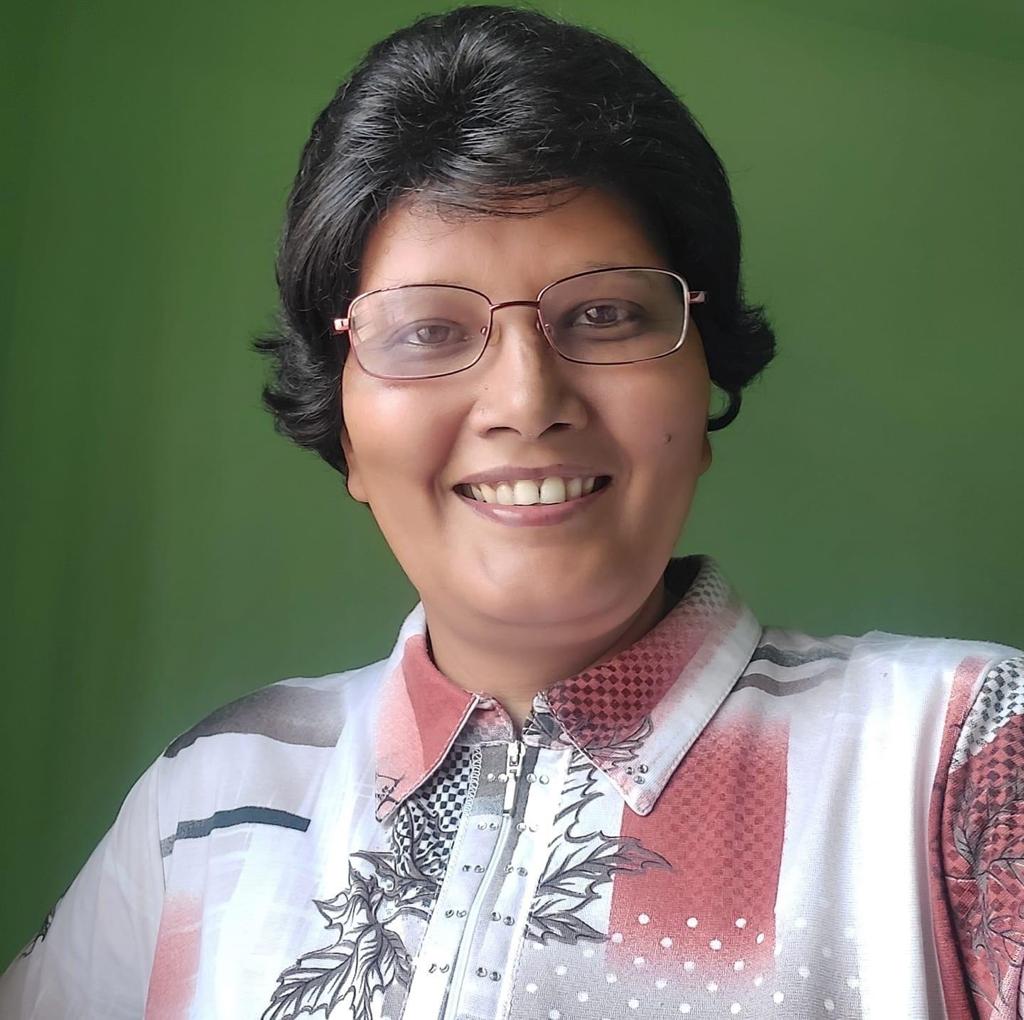














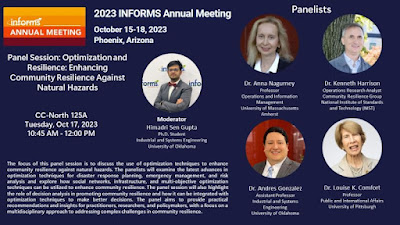
-reduced.jpg)
